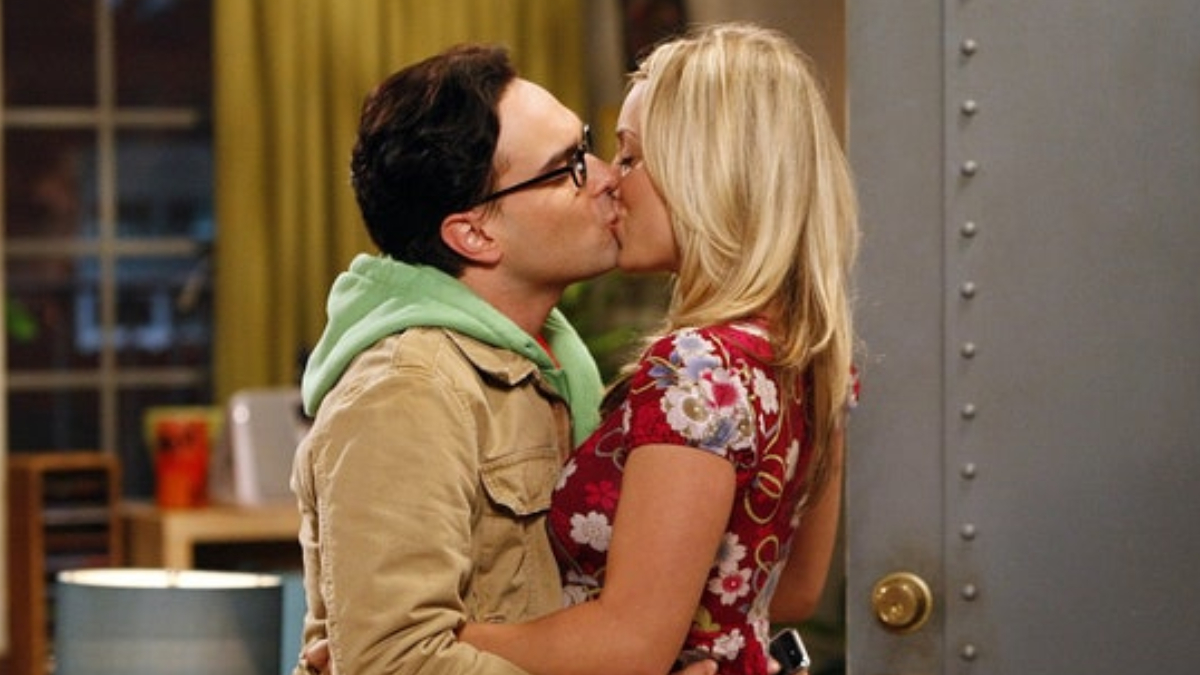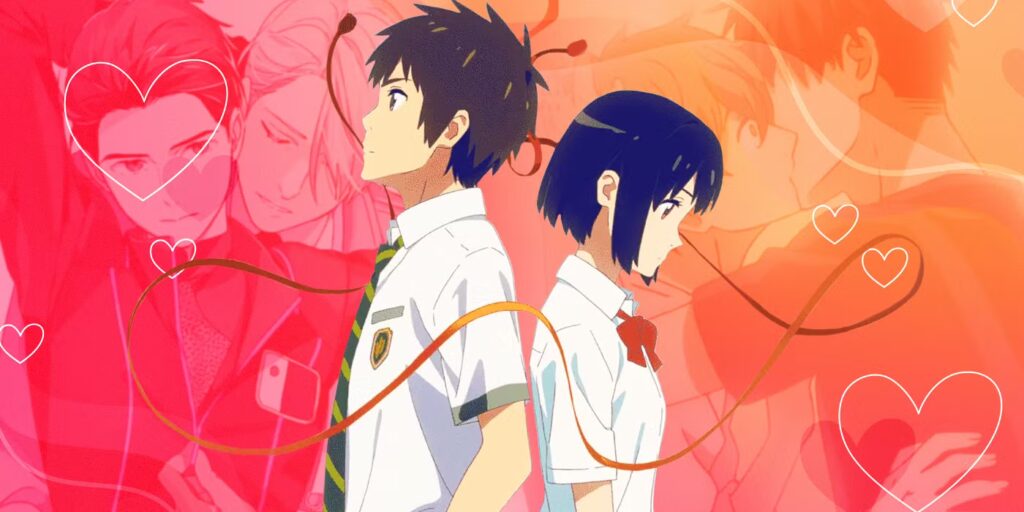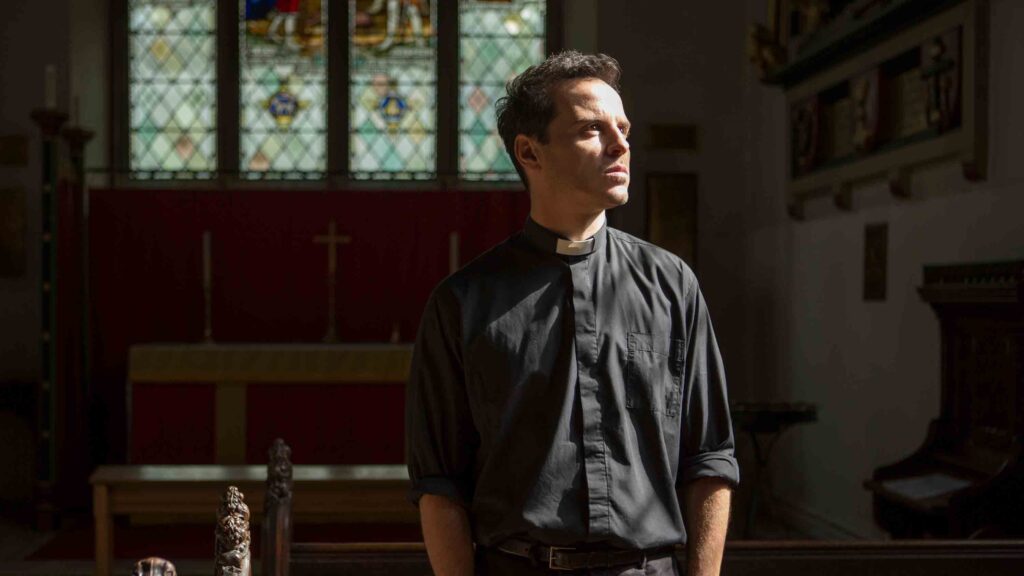
What Does Love Feel Like?
10th April, 2025
What does love actually feel like for you?
Our idea of love is often shaped by what we see in movies, TV shows, and songs — romantic, dramatic, heartbreaking, intense, and always aesthetically pleasing.
We’re fed a lot of cultural messages about love, especially when we’re young. Some of the classics include:
-
“Falling in love is easy.”
-
“You need to love yourself before you can be in a relationship.”
-
“I just knew they were the one.”
-
“The honeymoon phase is the best part.”
-
“Relationships should feel easy.”
I absorbed these messages in my teens and early twenties. But when it came to actually being in a relationship, none of them really applied. Or at least, they felt… off. Like love was happening on someone else’s terms — terms I couldn’t quite access.
For AuDHD brains, love can feel like an incredibly abstract concept. We might be left asking, But what actually is it? I believe that everyone’s version of love is different. And because of that, it’s easy to misread or misunderstand other people’s relationships — or even our own.
Autistic traits tend to crave sameness, certainty, and routine. Perfect for long-term commitment. ADHD traits? They thrive on novelty, spontaneity, and urgency — not exactly the best match for domestic stability.
So when you’re both (AuDHD), it can feel like being in a constant tug-of-war with yourself. Like living with Jekyll and Hyde. You long for security and excitement, structure and freedom. You want closeness, but you need space. It’s not confusion — it’s complexity.
In Audhd relationships, this can look like inconsistency, which might leave partners feeling confused… but rarely bored! The challenge is learning to hold both — the steadiness and the spark — in ways that honour your nervous system and relational needs.
When our need for safety and connection is met, our ADHD side gets more breathing room — and that’s when it can thrive. AuDHD love is rich, intense, surprising. It can feel both amazing and constricting. Learning how to live with that paradox makes all the difference.
If you’re in an AuDHD relationship and it feels confusing or hard to name your needs — know that you’re not alone. Most mainstream relationship advice wasn’t made with us in mind. But that doesn’t mean your relationship is broken. It just means the tools need adjusting.
Sex and relationship therapy can help — especially when it’s informed by lived experience of ADHD autism relationships.


